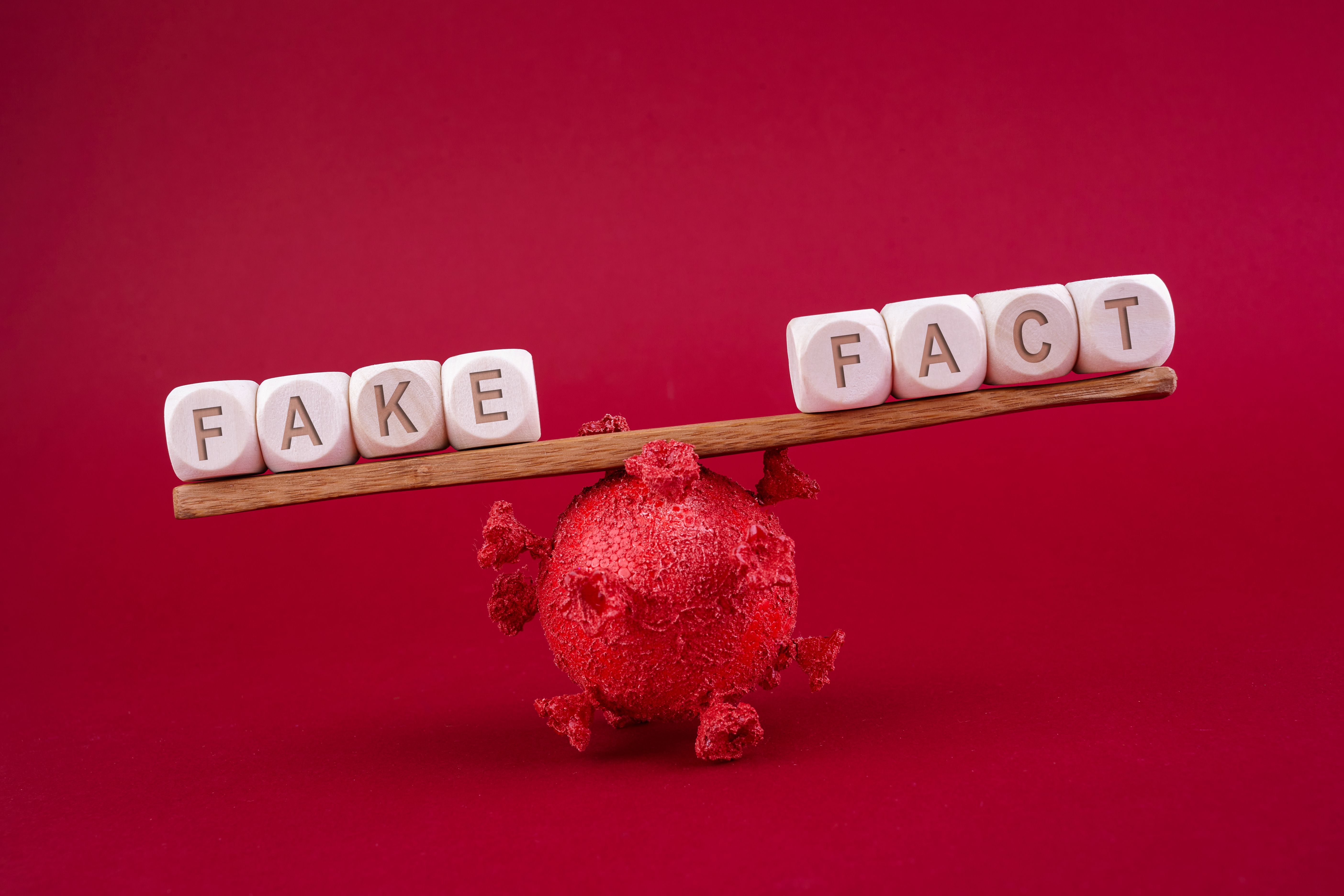Feature
Article
Understanding DSCSA: Insights for All Dispensers
Author(s):
As the full act will be enforced in November 2024, all medication dispensers must ensure they’re fully prepared.
Ensuring the safety and authenticity of pharmaceuticals is paramount across the health care landscape. Specialty pharmacies, independent emergency medical services agencies, student health centers, clinics, and free-standing surgical centers all play crucial roles in this endeavor and must understand and adhere to the Drug Supply Chain Security Act (DSCSA) alongside their hospital and pharmacy peers. Compliance with DSCSA regulations, including drug serialization, is vital for these entities to maintain patient safety and uphold the integrity of the pharmaceutical supply chain.1
Pharmaceutical Crime Trends
The urgency for compliance is underscored by concerning trends in pharmaceutical crime, or more specifically, the trade of fake or counterfeit medicines. In 2021, approximately 6000 pharmaceutical crime incidents were recorded, a 38% increase from the previous year.2 In fact, it’s estimated that approximately 10.5% of medications worldwide are subpar or counterfeit, a significant risk to patient safety.3
Cases involving counterfeit GLP1 drugs, such as Ozempic and Wegovy, have plagued the health care industry.4 A total of 3316 reports of fake Ozempic were sent to America’s Poison Center in 2023, up more than double from 2022. Sixty-six of those reports involved hypoglycemia, and most of those patients wound up in the hospital.5
These news stories serve as stark reminders of the real and present dangers posed by counterfeit drugs. They also highlight the ease with which counterfeit drugs can infiltrate the supply chain, putting patients at grave risk. The need for stringent regulations and compliance measures is abundantly clear. Health care providers must remain vigilant and prioritize compliance with DSCSA regulations to mitigate the risks associated with counterfeit medications. Failure to do so not only jeopardizes patient safety but also undermines the trust and integrity of the entire health care system.
Ensuring Supply Chain Legitimacy
DSCSA aims to ensure that only legitimate vendors participate in the pharmaceutical supply chain, so under the Act, health care practitioners must verify the credentials of suppliers. This helps prevent infiltration by unauthorized entities or counterfeit products. This effort also necessitates all dispensers to implement electronic and interoperable systems for tracing pharmaceutical products back to their manufacturers. Robust infrastructure and technology solutions are required, with solutions capable of facilitating seamless data exchange across the supply chain.
Image Credit: ©wladimir1804 - stock.adobe.com

As part of this system, all entities who dispense human-grade drug products must obtain a global location number (GLN) if they receive products directly from wholesalers or manufacturers. GLNs provide a consistent and globally recognized method for encoding location information—such as warehouses, distribution centers, retail stores, and even individualized departments—and all trading partners require a GLN to conduct business compliantly.
Handling Counterfeit Products
DSCSA aims to tackle counterfeit medication head on by mandating protocols for handling illegitimate or suspect products. Through the implementation of product serialization and unique product identifiers, DSCSA enhances the traceability of pharmaceuticals each time the ownership of the product changes. This enables stakeholders to swiftly track and verify the authenticity of products, thereby reducing the likelihood of illegitimate medicines reaching patients—so it’s vital all dispensers follow these guidelines meticulously.
Furthermore, DSCSA mandates improved reporting and communication protocols for these products, facilitating rapid response and mitigation efforts. Stakeholders are required to promptly report any suspicious activities or products to the appropriate regulatory authorities. This expedited process enhances collaboration and information sharing across the supply chain, helping authorities quickly investigate and address potential security breaches. When all dispensers are in compliance, the time it takes to detect and respond to fraudulent activity is reduced, bolstering patient safety.
Unique Caveats in Regulations
Each type of dispenser faces unique caveats under DSCSA, adding complexity to compliance efforts. Clinics and other small practices, for example, have their own distinct considerations in terms of operations and receiving processes. If they’re owned by larger health systems—ones that provide all of the medications—when it comes to GLNs, they’re covered under the health system’s umbrella. Since the ownership of the medications they dispense hasn’t changed, those clinics and small practices are exempt from acquiring their own unique GLN.
Therefore, while DSCSA regulations apply broadly to all dispensers, some may have waivers or exemptions based on how they’re licensed in their state, as well as how they obtain their medications. All practitioners—whether dispensing from a health center, clinic, ambulance, etc—must navigate these nuances diligently to ensure adherence to regulations and to preserve patient safety. Consulting with regulatory experts and staying updated on evolving guidelines is essential to avoid inadvertent violations.
What’s the Bottom Line?
Adherence to DSCSA regulations is vital for all dispensers. It’s not just a matter of regulatory compliance—it’s a critical imperative for safeguarding patient well-being and upholding the integrity of the pharmaceutical supply chain. With the enforcement of the full scope of DSCSA already delayed once, there’s little room for error or further leniency. As the full act will be enforced in November 2024, all medication dispensers must ensure they’re fully prepared. Any lapse in compliance will not only be a violation but could also incur fines. It’s imperative that all entities involved in the pharmaceutical supply chain take proactive steps now to avoid the repercussions of noncompliance and contribute to a safer health care ecosystem for all.
Author the Author
Pam Forster is a program director of compliance solutions at Inmar Healthcare Solutions.
REFERENCES
FDA. Drug Supply Chain Security Act (DSCSA). FDA website. December 13, 2023. Accessed March 28, 2024. https://www.fda.gov/drugs/drug-supply-chain-integrity/drug-supply-chain-security-act-dscsa
Pitta P. Tackling the Surge of Global Drug Counterfeiting: Top 5 Strategies to Combat Counterfeit Medicines. Linkedin.com. December 23, 2023. Accessed March 28, 2024. https://www.linkedin.com/pulse/tackling-surge-global-drug-counterfeiting-top-5-pitta-ph-d-mba-ueddc/
Pathak R, Gaur V, Sankrityayan H, Gogtay J. Tackling Counterfeit Drugs: The Challenges and Possibilities. Pharmaceut Med. 2023;37(4):281-290. doi:10.1007/s40290-023-00468-w
Lovelace B. Health authorities around the globe issue warnings about fake Ozempic. NBC News. December 28, 2023. Accessed March 28, 2024. https://www.nbcnews.com/health/health-news/fake-ozempic-health-authorities-globe-issue-warnings-rcna131452
Wingrove P. Exclusive: Suspected fake Ozempic linked to three US cases of hypoglycemia. January 24, 2024. Accessed March 28, 2024. https://www.reuters.com/business/healthcare-pharmaceuticals/suspected-fake-ozempic-linked-three-us-cases-hypoglycemia-2024-01-24/
Newsletter
Stay informed on drug updates, treatment guidelines, and pharmacy practice trends—subscribe to Pharmacy Times for weekly clinical insights.






